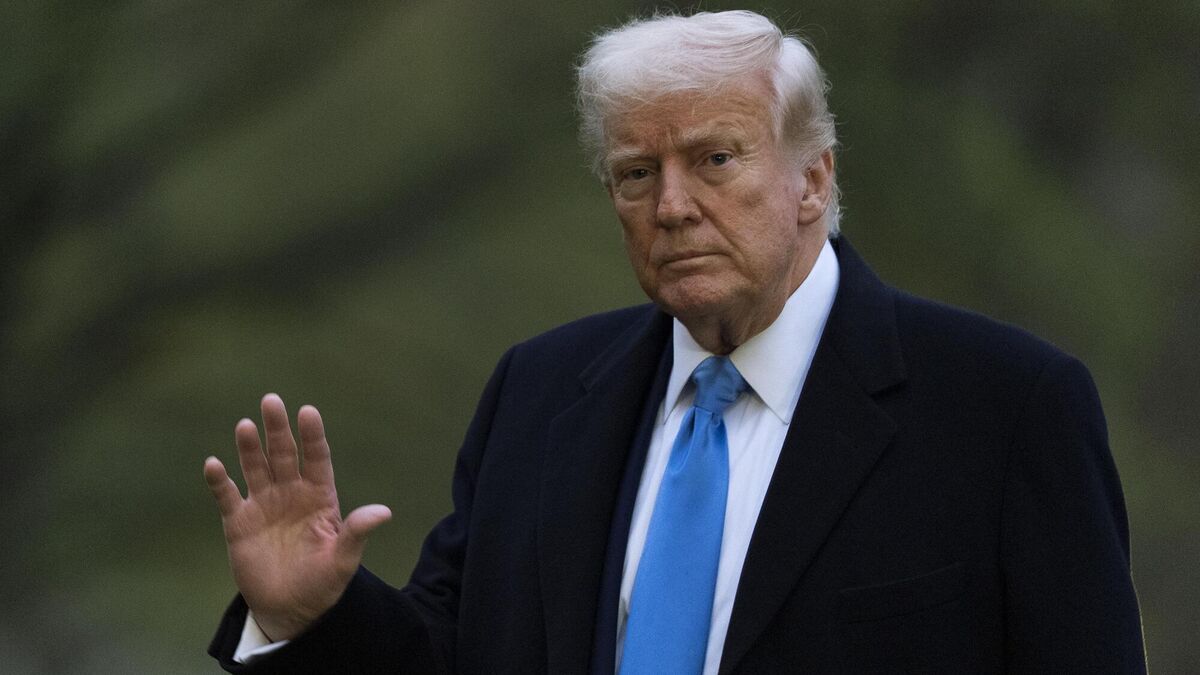
Trump cites the decline of the US film industry to justify his announcement of a 100% tariff on foreign films
Trump has declared a 100% tariff on foreign films, claiming that the US film sector faces a national security danger from foreign incentives.
Claiming that foreign incentives were destroying the American film sector and endangering national security, US President Donald Trump declared a comprehensive 100% tariff on all films made outside the country.
Trump wrote on Truth Social, “The American film industry is dying a very fast death.” Since other countries are working together on this, it poses a threat to national security. It is propaganda and messaging on top of everything else.
Trump claimed to have ordered the Department of Commerce and other federal agencies to start enforcing the tariff right away. “Once more, we want films produced in America!” he added in bold.
“We’re on it,” said Commerce Secretary Howard Lutnick, who verified the command on X, formerly Twitter. Neither Trump nor Lutnick provided information on the methodology or implementation of the tariffs.
On Sunday night, the announcement rocked the entertainment business. Hollywood executives said they were rushing to find out if the tariff would be based on production budgets, revenue, or some other criterion, and if it would apply to both streaming and theatrical releases.
Major Hollywood studios are represented by the Motion Picture Association, which chose not to respond.
The action is the most recent in a string of initiatives by Trump to bring back homegrown filmmaking. He designated actors Mel Gibson, Sylvester Stallone, and Jon Voight in January to spearhead initiatives to revive Hollywood “bigger, better, and stronger than ever before.”
Hollywood has traditionally lost productions to nations that provide substantial cash refunds and tax benefits. According to Ampere Analysis, governments worldwide have increased their efforts to secure a piece of the $248 billion that is anticipated to be spent globally on film and television content in 2025.
These days, big studios like Disney, Netflix, and Universal frequently shoot movies overseas, especially in nations like Canada, the UK, and Australia.
According to research firm ProdPro, in 2023, about half of all American producers’ expenditures on high-budget film and television projects—those that cost more than $40 million—took place outside of the US.
According to FilmLA, a non-profit that monitors regional production, the amount of film and television production in Los Angeles has decreased by over 40% in the last ten years. Fears that more productions would permanently move, displacing thousands of industry-related jobs, were heightened by wildfires in January.
California has fallen to sixth position on the list of preferred filming destinations, behind Toronto, the UK, Vancouver, Central Europe, and Australia, according to a recent ProdPro study.
International responses to Trump’s proposed tariff were swift. The local film industries in Australia and New Zealand, which have hosted big projects like The Lord of the Rings and the Marvel superhero series, will be protected, officials added.
However, trade analysts cautioned that the idea would backfire. According to William Reinsch, a senior scholar at the Center for Strategic and International Studies and a former Commerce Department official, the decision may lead to expensive retribution from US trading partners.
“Our industry will be killed by the retaliation.” “We stand to lose far more than we stand to gain,” he stated. “Making an emergency or national security case for movies is difficult.”
All Categories
Tags
+13162306000
zoneyetu@yahoo.com



